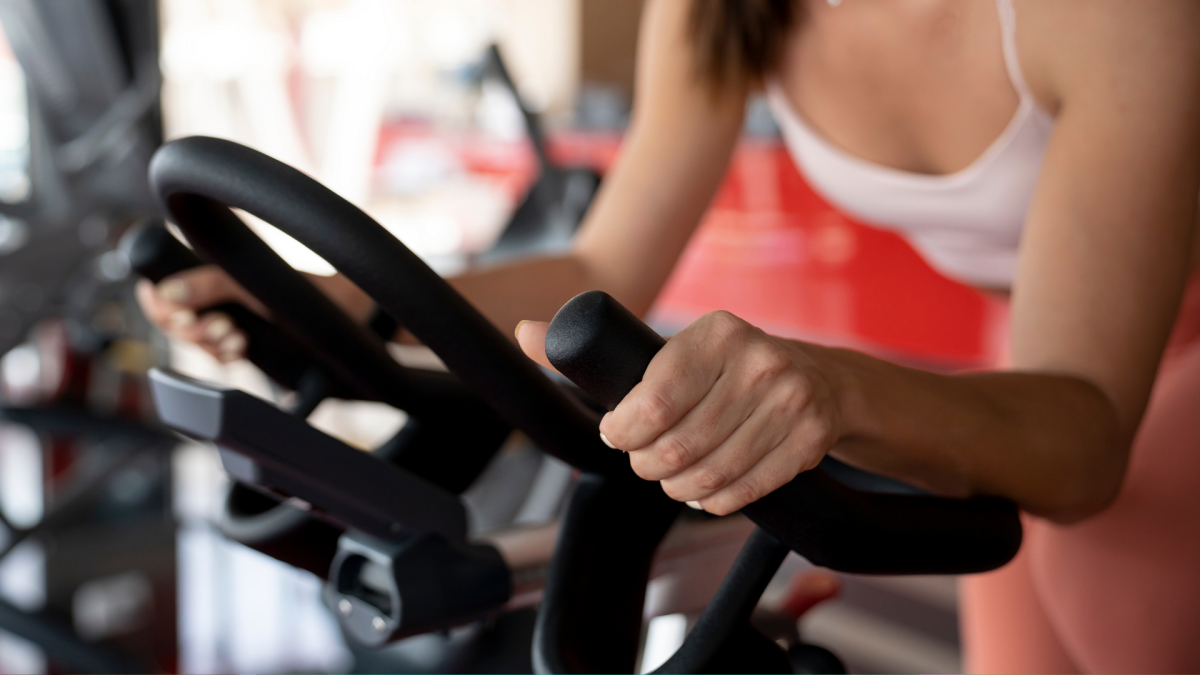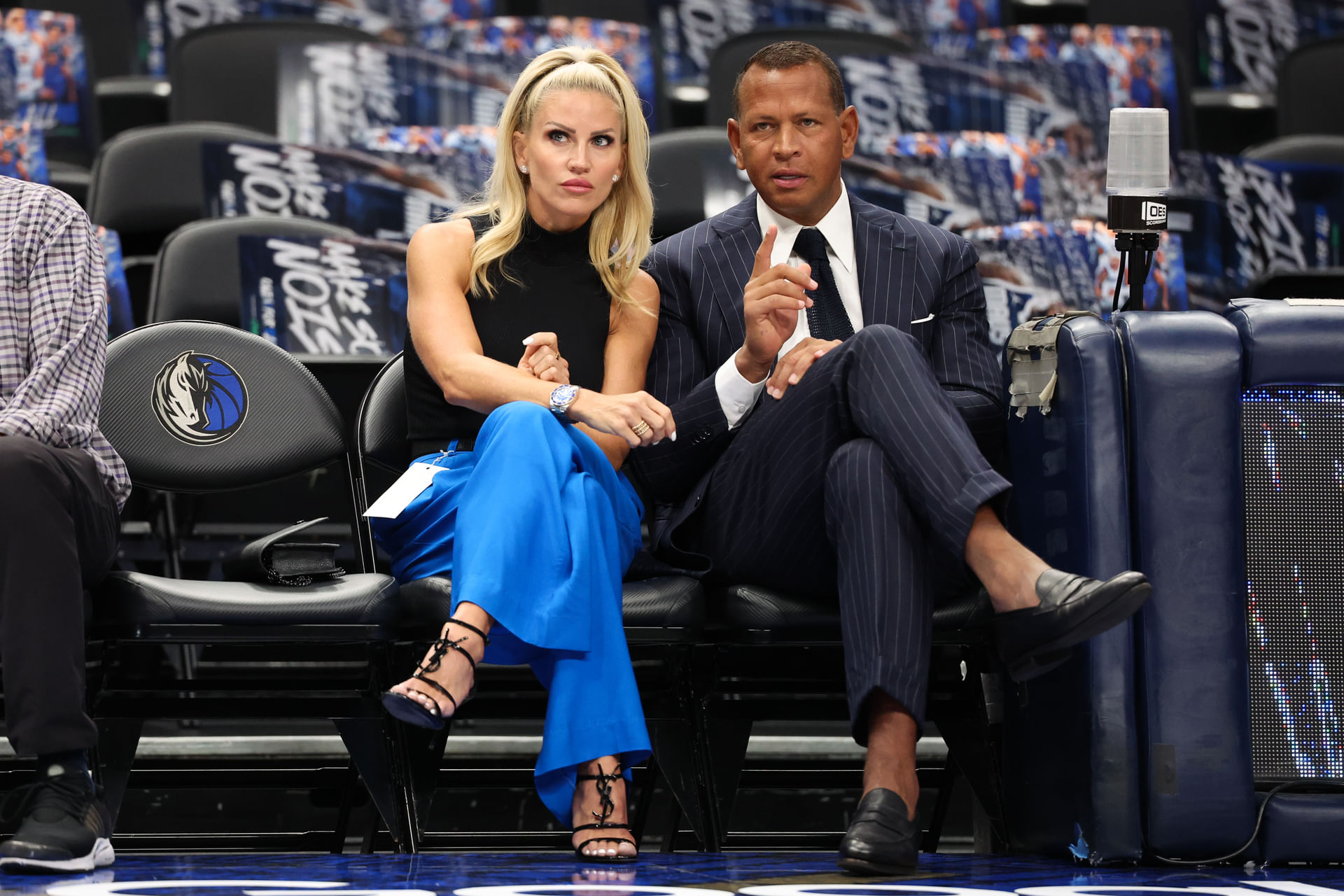I used to be a big believer in distracting myself while I was working out, especially when doing cardio, which can last a long time and feel tedious. Even though I’ve recommended such an approach a few times, I’ve changed my viewpoint after looking a little bit at my output and refining my goals. I’m not above admitting the old way wasn’t working or that I was wrong. Here’s why I’m no longer trying to distract myself during cardio—and why you should consider stopping, too.
Why I’m done with exercise distractions
Multitasking does not work. It really doesn’t: Any time you’re trying to do two things at once, you’re splitting the energy and brainpower you can devote to both, essentially half-assing them at the same time instead of, forgive me, whole-assing them one at a time. It’s tempting, of course, to seek out a distraction while you work out, especially if you’re running or doing other tedious and/or difficult cardio. I used to be all about this and even spent years following a system where I only allowed myself to watch my favorite TV program if I was also on an elliptical machine or treadmill when I did it. I reasoned that distracted exercise was better than no exercise, which is true, but I conveniently forgot to consider that focused exercise is best overall.
When Peloton announced users could watch YouTube videos while using the company’s proprietary bikes, treadmills, and row machines, I was initially excited and started doing it right away to shake up the monotony of simply using my Peloton bike to take virtual classes or play the Lanebreak cardio game. But I noticed pretty quickly that the time I spent pedaling while watching music videos on my device’s big screen didn’t feel nearly as taxing or effective as time I spent doing anything else on the bike.
Earlier this week, I downloaded a spreadsheet of all my Peloton workouts and looked through the data. That confirmed it: Workouts when I was watching YouTube weren’t nearly as effective as other classes and games. In one notable instance, I burned a mere 57 calories in a 17-minute YouTube-watching ride. What was I even doing? It’s unclear; I don’t remember because I was engrossed in music videos, but according to my data, I had my resistance knob set at a paltry 32%. My average speed was just 10.8 miles per hour. Other, shorter workouts in the data set show significantly more calorie burn, output, resistance, cadence, speed, and distance. Basically, when I let myself be distracted, my brain decided that just a little bit of effort was good enough. I automatically took the path of least resistance, literally.
My goals in working out used to be just moving and being a little healthier. Those are totally fine and great goals, but mine have shifted over the last year or so. I’m now setting concrete goals for specific weight loss, muscle gain, and skill development, all with pretty strict timelines. Riding or running distractedly is not helping me meet those goals at all and, if I did it often enough, would hold me back a lot. Studies back up that distractions have negative effects on your output when you’re working out, too, but there’s one exception: Listening to music can make you work harder and perform better. That aligns with my own experiences, because when I have just the right playlist, I kill it—and that is reflected in my Apple Watch data, too.
What do you think so far?
When distracted workouts can work
If your goal is just to motivate yourself to hop on the treadmill or take a walk more often, distracted workouts might be helpful, at least for easing you into the routine. Research shows that an enjoyable distraction can augment the positive effects of exercise on your mood, for instance, so if you hit the gym because it makes you feel good inside, watching a little Law and Order or listening to a podcast while you jog might not be the worst idea.
But if you’re motivated by the feeling of actually having put in the work and tuckered yourself out, not just the fact that you did anything at all, be wary. In addition to lowering the heart rate during cardio, distractions like TV can also negatively impact your perceived effort—which is what happened to me when I noticed that I was feeling kind of blah after cycling with YouTube on. If you’re not exercising at a higher intensity, you may lose motivation to keep going without realizing all you had to do was turn off the Netflix and just zero in on your run.




